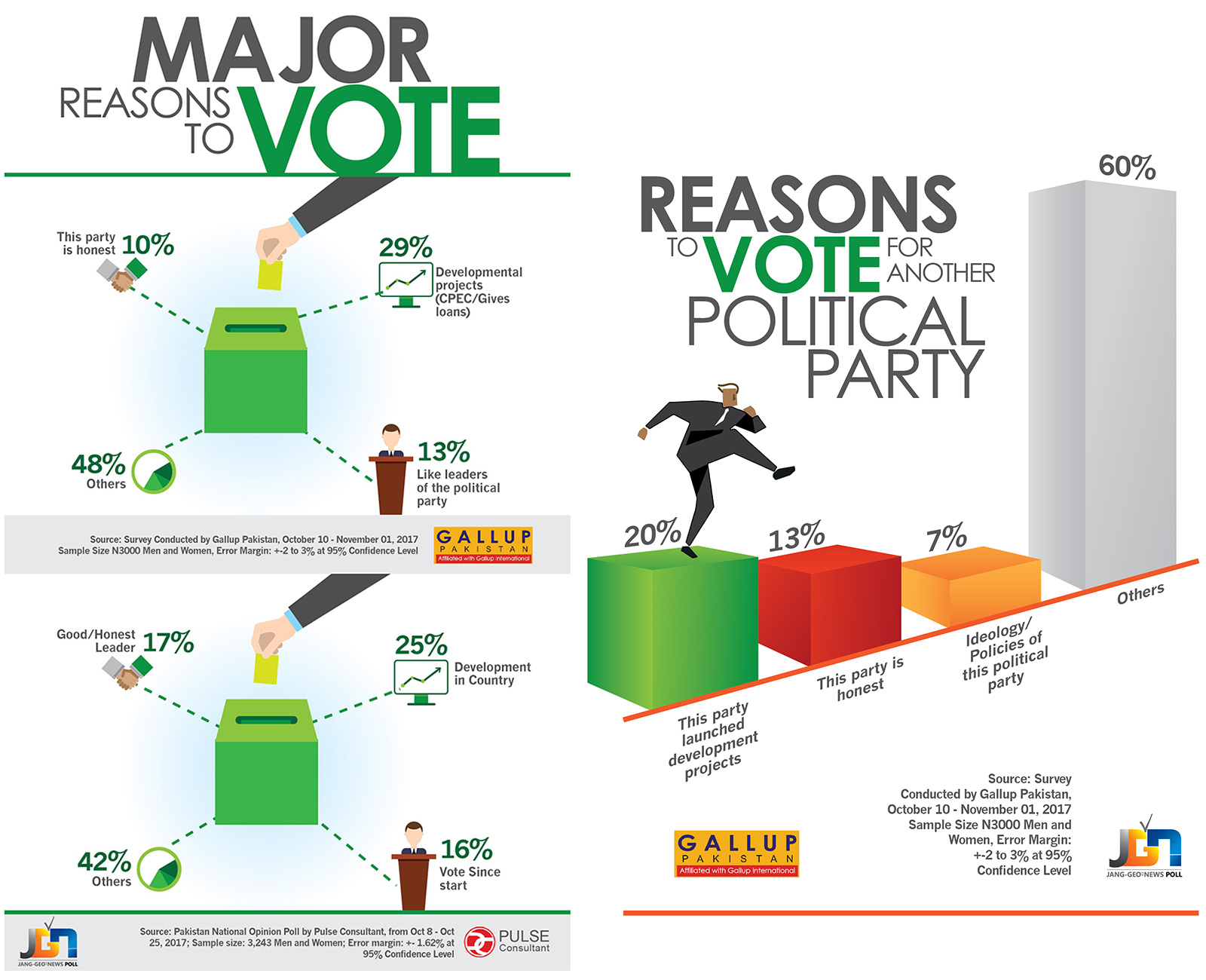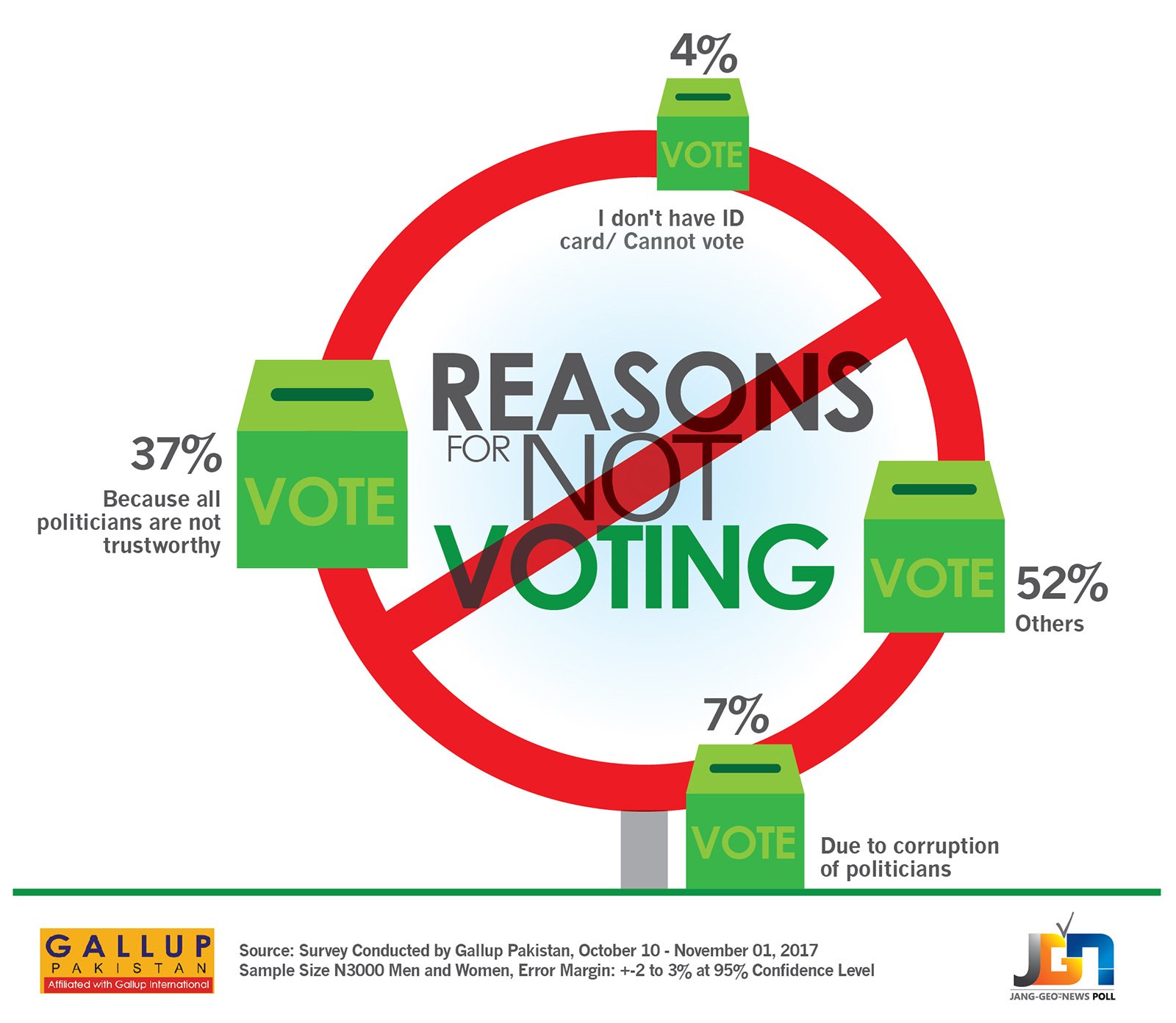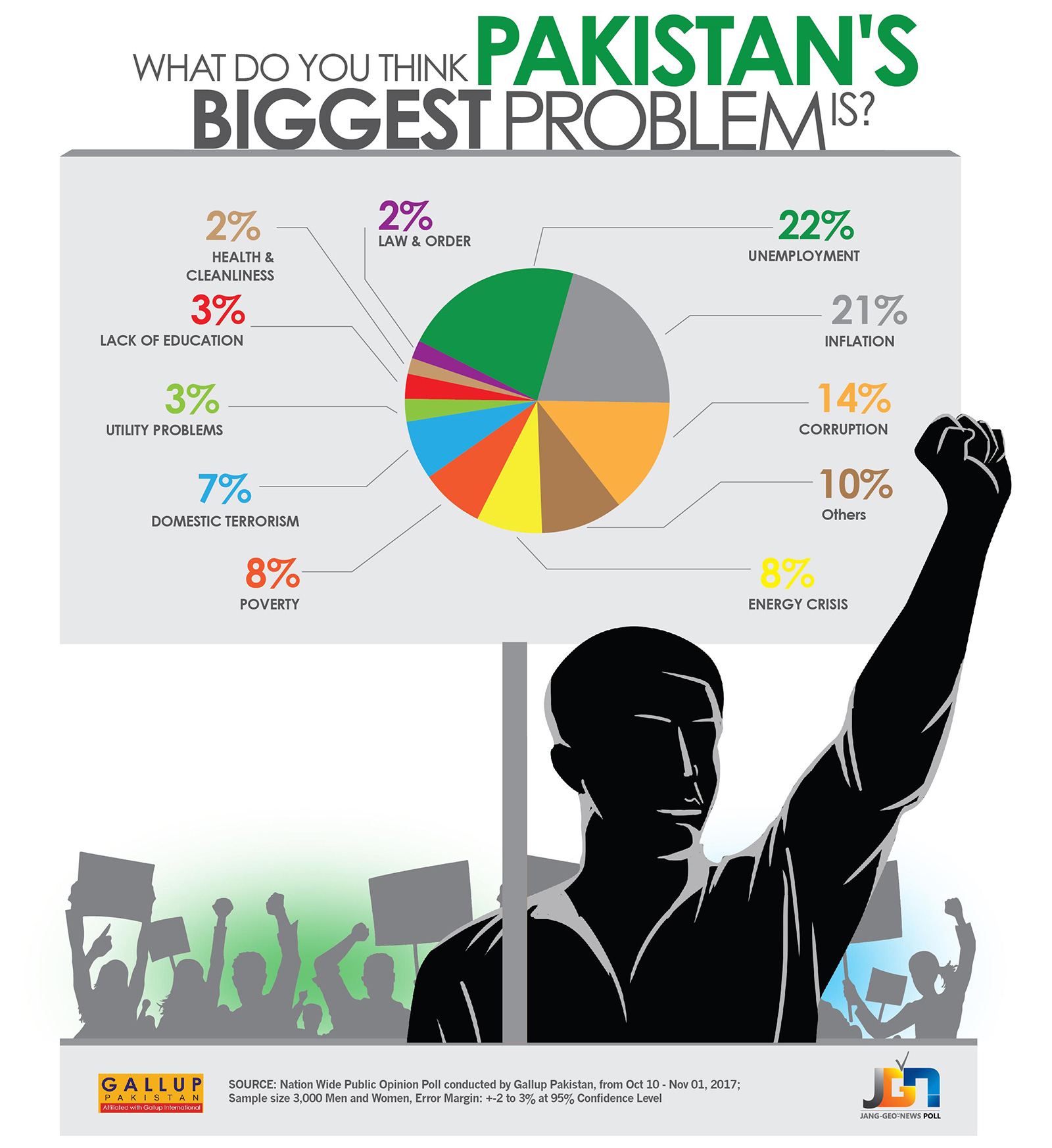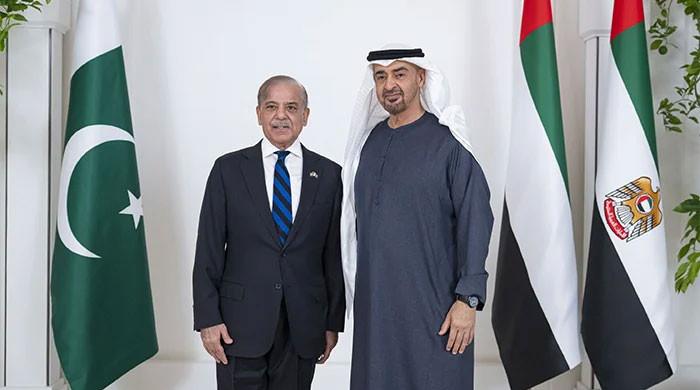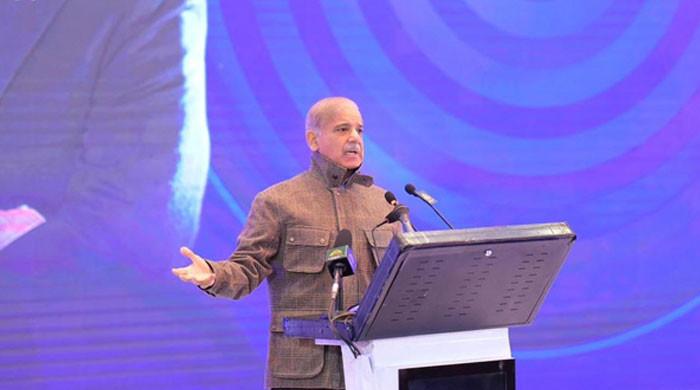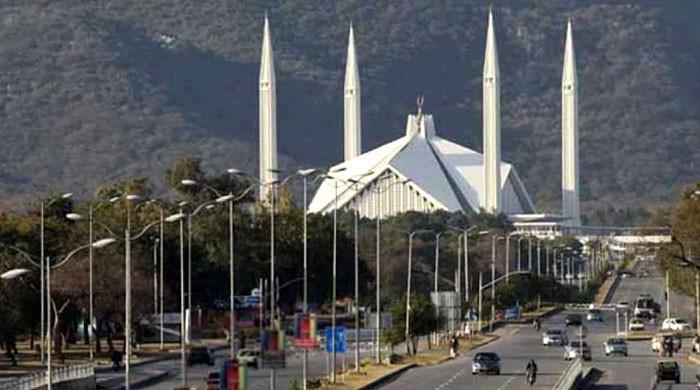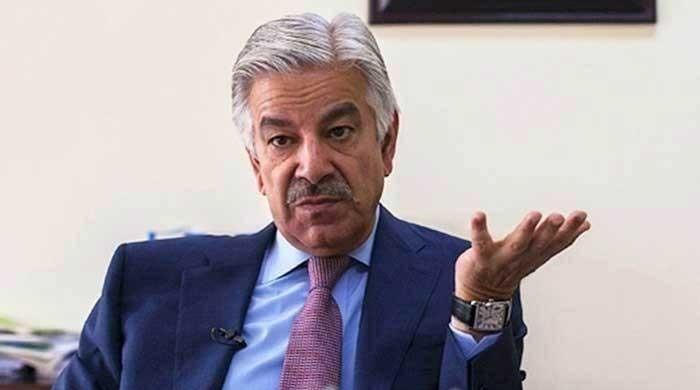Why do some Pakistanis vote and others choose not to?
Results from nationwide Jang Geo News Poll reveal the top reasons that drives Pakistanis to vote and what they consider to be the country's biggest problems
November 23, 2017
KARACHI: What drives voting behavior? What are the main reasons that drive some Pakistanis to choose one political party over another? Why do others decide not to vote?
Answers to some of these questions were revealed in the results of the nationwide Jang Geo News Poll conducted last month in collaboration with Gallup Pakistan and Pulse Consultant.
A large number of respondents in both surveys cited development projects launched, their liking of particular leaders, and honesty among the main reasons behind voting for their preferred political party.
Interviewers for Gallup Pakistan asked respondents for the top reason behind voting for their preferred party as compared to other political parties. 29% respondents cited the party's developmental projects, followed by 13% respondents who said they liked leaders of the party better than others, and 10% respondents who said their preferred party was honest.
Development in the country (25%) and honesty of leader (17%) also came out on top in the Pulse Consultants survey as the main reasons for party preference.
Interestingly, about one in six (16%) respondents in the Pulse Consultant survey said their preference was because they had always voted for the same party.
Development projects (20%) and honesty (13%) also came out as the main reason for respondents who had decided to change their vote to another party in the upcoming elections.
Lack of trust cited as main reason for not voting
Of the respondents in the Gallup Pakistan survey who said they would either not vote or were undecided, a majority (37%) said it was because politicians are not to be trusted.
This was followed by 7% respondents who cited corruption of politicians as the main reason.
4% of respondents from across Pakistan said they would not be able to cast their vote as they did not have a national identity card.
Lack of an identity card was cited as the top reason by Sindhi-speaking respondents who said they would not vote or had still not thought about it.
Unemployment, inflation considered Pakistan's biggest problem
In both surveys, most respondents chose unemployment and inflation as the biggest issues in Pakistan, followed by corruption.
At least one in five respondents chose unemployment (22%) and inflation (21%) when asked which issue they thought was the biggest problem faced by Pakistan.
At the same time, 14% of the respondents interviewed by Gallup Pakistan thought corruption was Pakistan's most pressing concern, followed by energy crisis (8%), poverty (8%), and domestic terrorism (7%).
Interestingly, only 3% believed lack of education to be a critical issue.
A similar sentiment was echoed in the results of the Pulse Consultants survey, with unemployment (59%) and inflation (58%) ranking at the top of the list, followed by power shortage (31%), poverty (26%), corruption (24%), terrorism (15%), and lack of education (12%).
Although the results showed that Pakistanis are aware of country's major problems, a large majority also said they think Pakistan is headed in the right direction.
65% of the respondents interviewed in the Gallup survey and 58% interviewed in the Pulse survey believed Pakistan is headed in the right direction.
However, 32% of the respondents in the Gallup Pakistan survey and 35% in the Pulse survey were not that positive when asked about the direction in which the country was headed.
Note from Editor/Disclaimer: The Jang-Geo-News poll is carried out regularly on a national level according to internationally recognised principles of scientific polling. Large media houses across the world carry out these surveys to assess the perception and opinions of the public.
In order to make it more balanced and transparent, the Jang-Geo-News poll was carried out in collaboration with two different research agencies—Gallup Pakistan, one of the renowned survey companies in Pakistan, and Pulse Consultant, one of the fastest growing research agencies in the country.
The results represent public opinion computed on the basis of views expressed by anonymous respondents selected randomly and interviewed face-to-face. Such surveys contain a margin of error, and should not be taken as a basis for casting votes.
The combined sample size of the study was more than 6,000 households. Gallup Pakistan carried out the survey from October 10 to November 1 using an error margin of +-2 to 3% at 95% confidence level, while the parallel research by Pulse Consultant was conducted from Oct 8 to Oct 25 with a margin of error of 1.62% at 95% confidence level.


